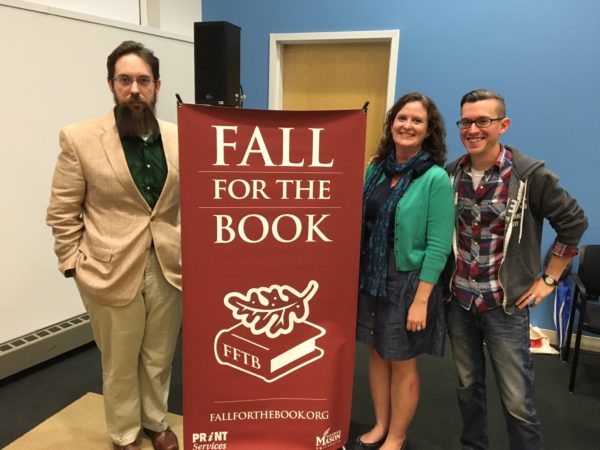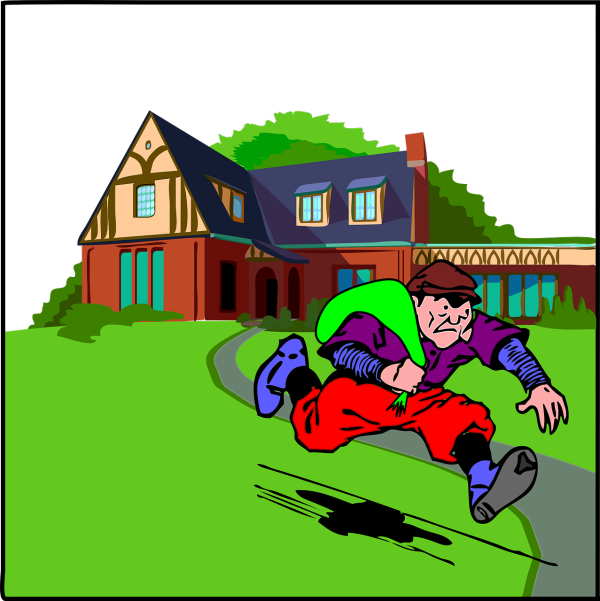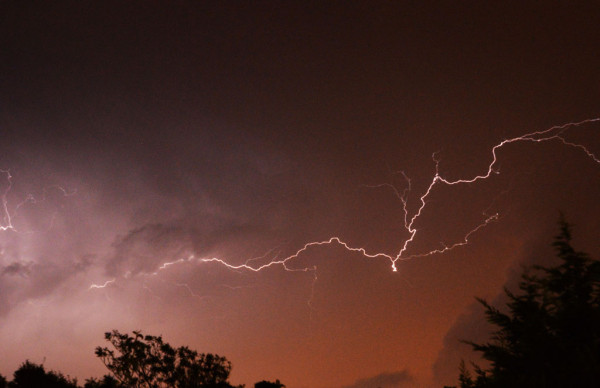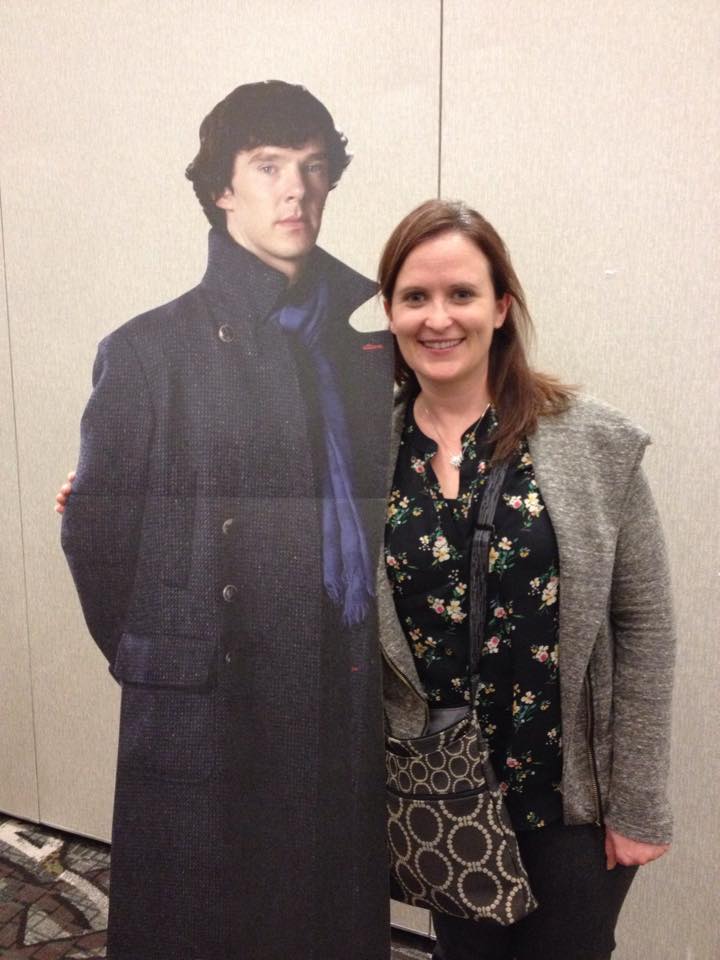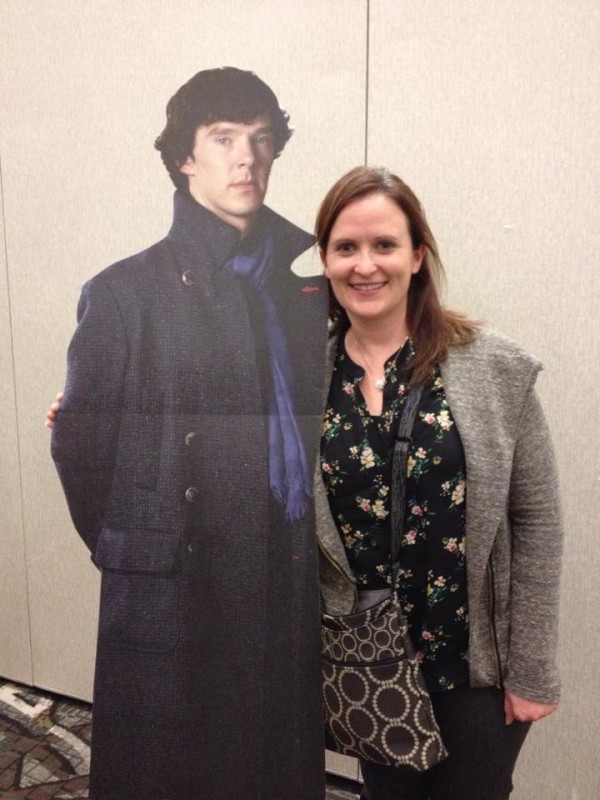I had a lovely time presenting at this year’s DC Conversations and Connections conference with Tyrese Coleman, editor of District Lit, and Abigail Beckel, publisher at Rose Metal Press. Our panel, The Long from the Short: Turning Flash Fiction Pieces into a Series or Novel, was so well-attended that we ran out of handouts! As promised, I’m posting our tips, prompts, and further reading list here.
Also, here are some relevant links:
District Lit
Rose Metal Press
SmokeLong Quarterly
Also, thank you to the folks who asked about Modern Manners For Your Inner Demons. I should’ve mentioned the book is currently out of print, although it is being re-released in early 2017 by Santa Fe Writers Project. You can still find it on Kindle right now if you’d like to check it out.
Cheers!
Tips for Writing Flash:
Start at the flashpoint—by definition Flash begins at the moment of conflict, when all the action is nearly complete.
Focus on the powerful image(s)—Find one or more powerful images to focus your story on.
Hit them where it hurts—Go for an ending that offers an emotional impact. Play against expectations with a sense of narrative mystery or devastating twist, a poignant implication or declarative last sentence that leaves the reader breathless, and going back for more. Not an “aha” moment or a punchline. An ending more nuanced than that.
Strive for the concrete. Eliminate the word “thing” or “something,” for example. Replace that word with an actual concept, image, noun, etc, that explicitly participates in the image you are portraying.
Write the whole story, then eliminate useless words.
Stay away from punchline endings or “joke” flash fiction.
Some Flash Prompts:
Fictionalizing a true moment: Start a flash piece with a specific memory of your own grounded in the five senses (touch, smell, feel, seeing, hearing) – For example: the feel of an aunt scratching your scalp or the smell of your child’s bedroom. This memory should be specific enough to work into a moment. Find the story from there.
Use pictures, paintings, or music to inspire a flashpoint.
Tell the story backward or play with the idea of memory and nonlinear time in a story.
Think of writing a flash piece as a scene when working on something longer, say a longer short story or as a novel chapter. Flash is inherently raw with emotion. When wanting to draft a pivotal moment, take the time to draft a flash piece – with a beginning, middle and end — to represent that moment between your characters. Break down the action to its bare essentials for more impact.
For Further Reading:
Narratives-in-Flash
Matt Bell, Cataclysm Baby
Chris Bower, Margaret Patton Chapman, Tiff Holland, Meg Pokrass, and Aaron Teel, My Very End of the Universe: Five Novellas-in-Flash and a Study of the Form
Gwendolyn Brooks, Maud Martha
Aaron Burch, How to Predict the Weather
Sandra Cisneros, The House on Mango Street
Evan S. Connell, Mrs. Bridge
Lily Hoang, Changing
Tina May Hall, All the Day’s Sad Stories
Lance Olsen, Anxious Pleasures
Lance Olsen, Architectures of Possibility
Kelcey Parker, Liliane’s Balcony
Mary Robison, Why Did I Ever
Matthew Salesses, I’m Not Saying, I’m Just Saying
Sarah Shun-lien Bynum, Madeleine Is Sleeping
Jean Toomer, Cane
Lex Williford, Superman on the Roof (forthcoming Aug. 2016)
Flash Guides
The Rose Metal Press Field Guide to Writing Flash Fiction edited by Tara L. Masih
The Rose Metal Press Field Guide to Writing Flash Nonfiction edited by Dinty W. Moore
A Pocket Guide to Flash Fiction edited by Randall Brown
Journals That Feature Flash
Smokelong Quarterly
Brevity
matchbook
Monkeybicycle
Nanofiction
Necessary Fiction
District Lit
The Collagist
The Short Form
The Journal of Compressed Creative Arts
Wigleaf
Whiskey Paper
Links to flash stories/examples of flash forms:
How to Sit by Tyrese Coleman: pankmagazine.com/piece/sit/
If the Woodcutter Were a Junkie by Tyrese Coleman: queenmobs.com/2015/11/if-the-woodcutter-were-a-junkie/
Liner Notes for the Debut Album From the Band We Never Formed by Amorak Huey: brevitymag.com/nonfiction/liner-notes/
The Heiress by Tara Laskowski: matterpress.com/journal/2015/03/02/the-heiress/
The Cage in the Woods by Joe Lucido: wigleaf.com/201509cage.htm
Narrative Flash:
Cravat by Roseanne Scott: www.smokelong.com/cravat/
Conjugation by Jen Michalski: www.smokelong.com/conjugation/
Dialogue-only flash:
Bartleby Snopes contest (2000 words or less): http://www.bartlebysnopes.com/bartleby-snopes-issue-14.pdf
Flash with long time span:
Transplanting by Lisa Smithies: http://www.smokelong.com/transplanting/
Present-tense flash with amazing drive:
Dive by Dawn West: http://www.smokelong.com/dive/
Good microfiction:
Marriage by Anna Lea Jancewicz : http://www.matchbooklitmag.com/jancewicz.html



